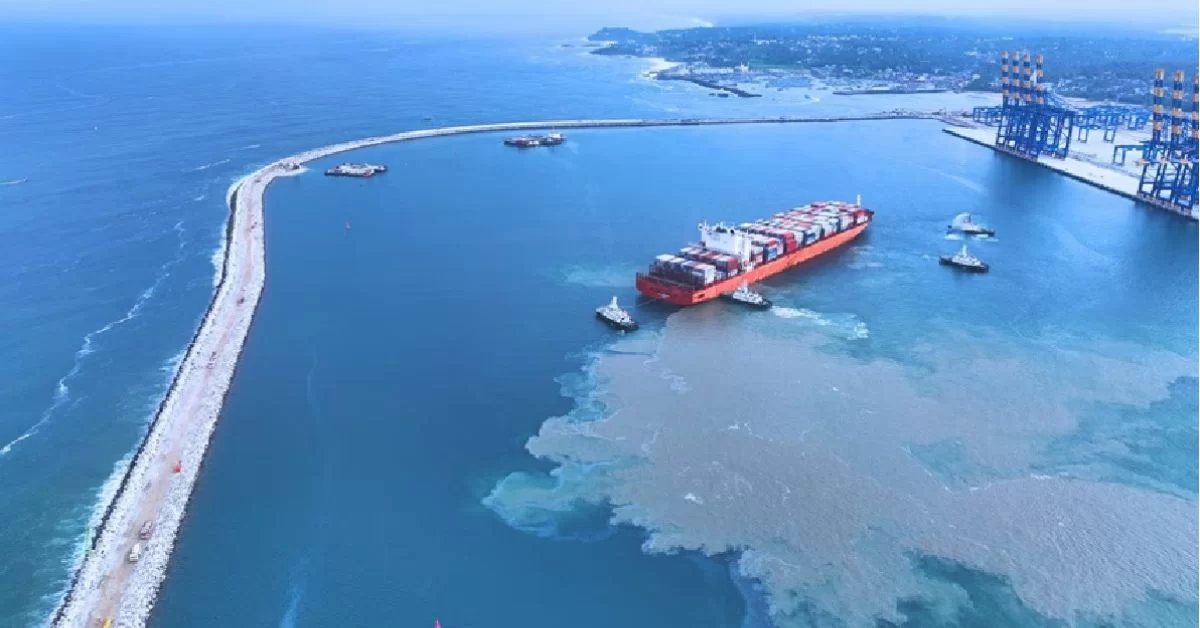Introduction
In a significant move towards modernizing India's maritime laws, the Lok Sabha has passed the Carriage of Goods by Sea Bill, 2024. This legislation is aimed at replacing the outdated Indian Carriage of Goods by Sea Act, 1925, and aligning India’s shipping regulations with international conventions. The Bill is part of the government’s broader efforts to simplify maritime laws, promote ease of doing business, and remove colonial-era legal frameworks.
Key Objectives of the Bill
The Carriage of Goods by Sea Bill, 2024, is designed to:
1. Define clear responsibilities, liabilities, rights, and immunities for carriers in the shipping industry.
2. Ensure smooth implementation of maritime trade regulations.
3. Provide the central government with the authority to issue directions for effective enforcement.
4. Modernize provisions governing the carriage of goods by sea, making them more aligned with international best practices.
Government’s Perspective
Union Minister Sarbananda Sonowal, while addressing the House, stated that this Bill is part of the government’s ongoing initiative to eliminate laws that reflect a colonial mindset. He emphasized that rationalized and simplified maritime regulations would contribute to enhancing India’s trade efficiency.
Sonowal highlighted that the new legislation would not only make maritime trade more streamlined but also reinforce India’s commitment to ensuring fair and transparent regulations in the shipping sector. The Bill was passed in the Lok Sabha through a voice vote following an extensive discussion.
Opposition’s Concerns
While the opposition acknowledged the necessity of updating maritime laws, they raised concerns regarding certain provisions of the Bill:
1. Excessive Government Powers: Congress MP Vijay Vasanth pointed out that Section 9 of the Bill gives the central government the authority to amend the Schedule through notifications without requiring industry consultation.
2. Impact on Indian Traders and Shipping Industry: Critics argued that while aligning with international standards is beneficial, the Bill could potentially overlook the interests of Indian traders and domestic shipping companies.
3. Concerns of Favoritism: Samajwadi Party MP Aditya Yadav went a step further, alleging that the Bill primarily serves the interests of large business conglomerates rather than the wider shipping community. He even demanded the withdrawal of the Bill, citing concerns over crony capitalism.
Conclusion
The Carriage of Goods by Sea Bill, 2024, represents a crucial step towards modernizing India’s shipping laws and enhancing trade efficiency. While it seeks to align Indian maritime regulations with global standards, the concerns raised by the opposition highlight the need for a more balanced approach in implementation. The effectiveness of the Bill will ultimately depend on how well it is executed and whether it truly benefits all stakeholders in India’s shipping industry.
For more insights into maritime reforms and trade regulations, stay connected with Business Care Solutions.





 >
>












 Business Care Solutions
Business Care Solutions